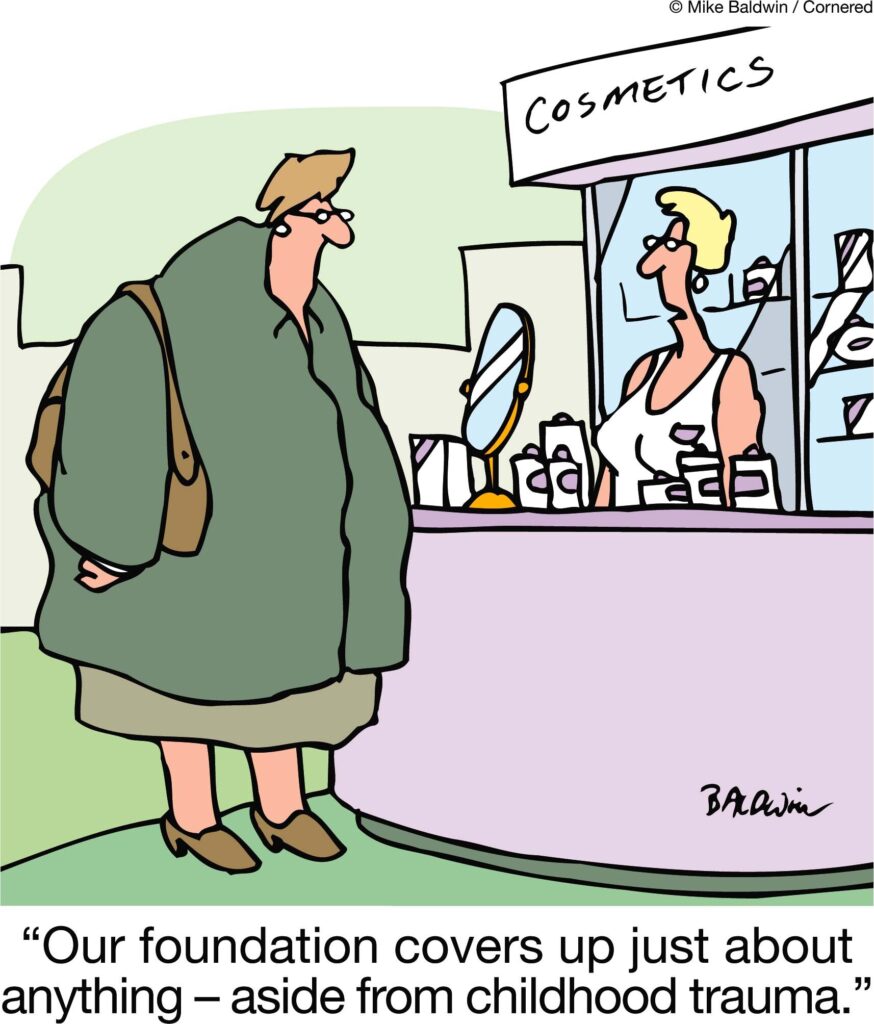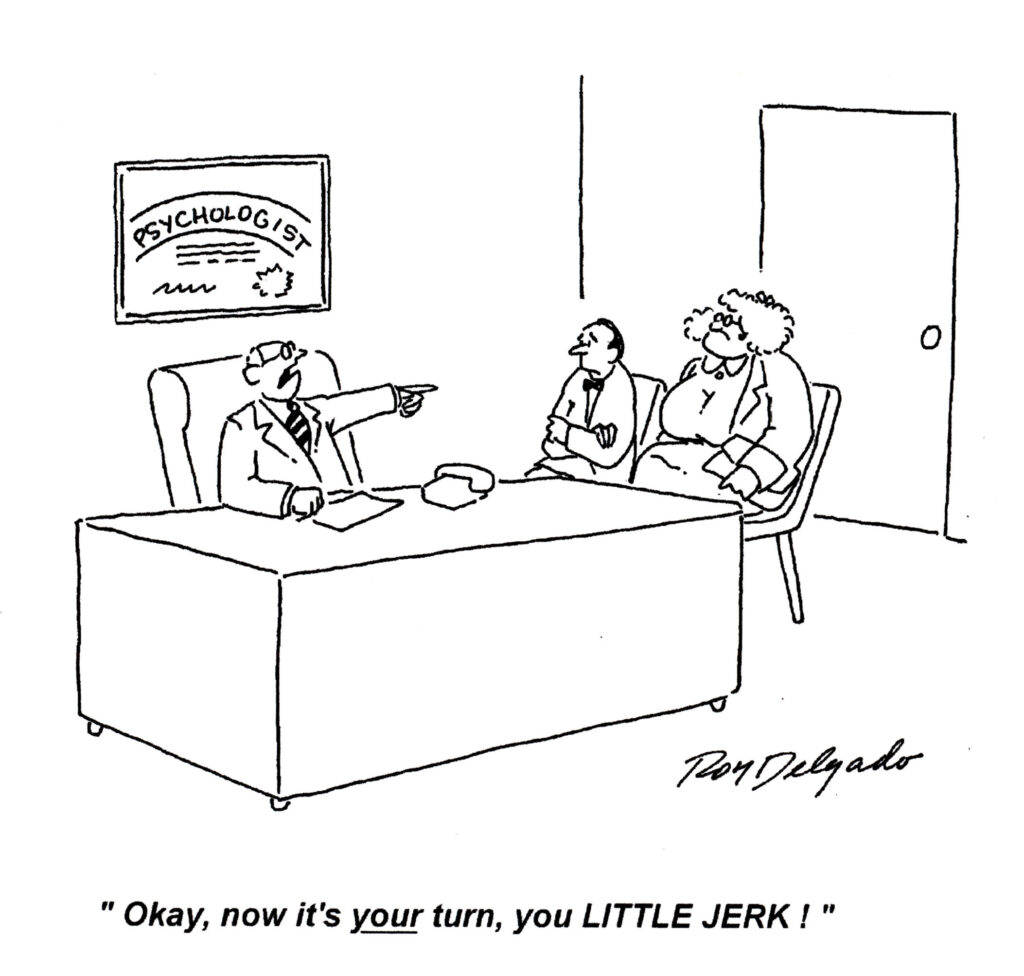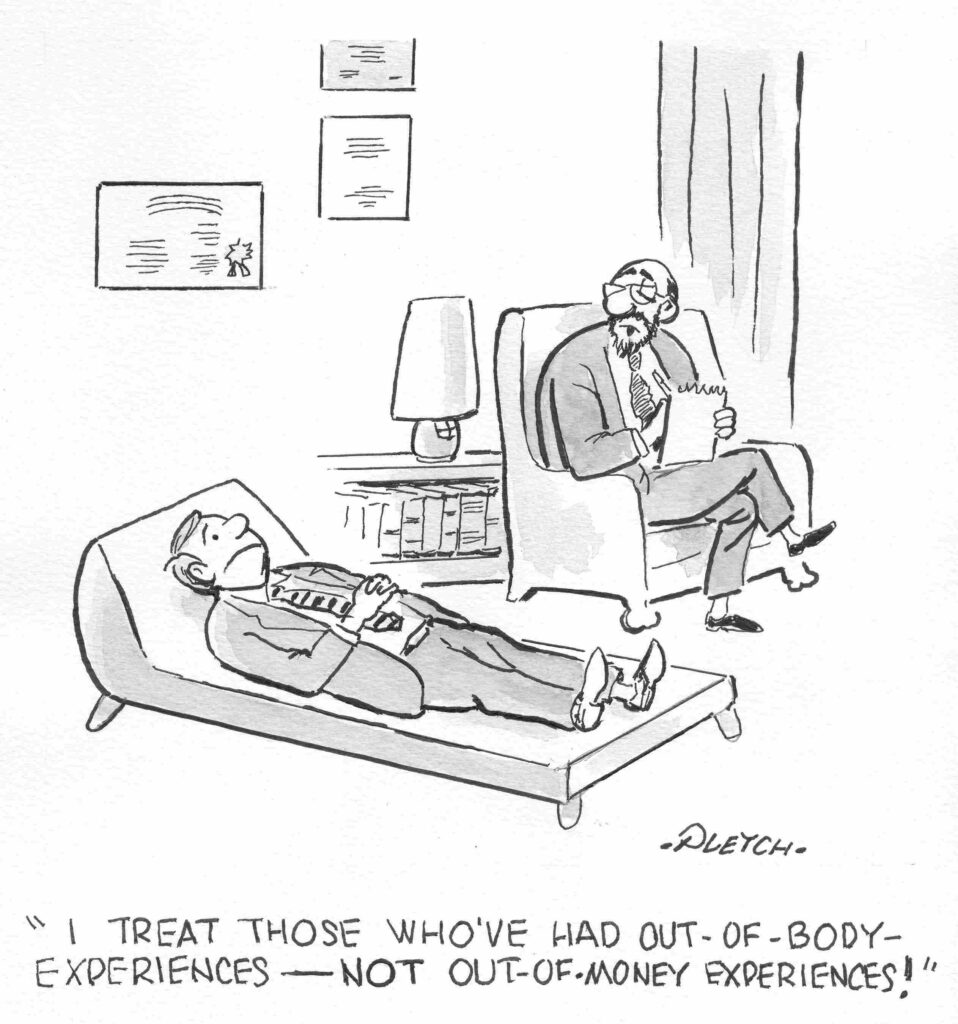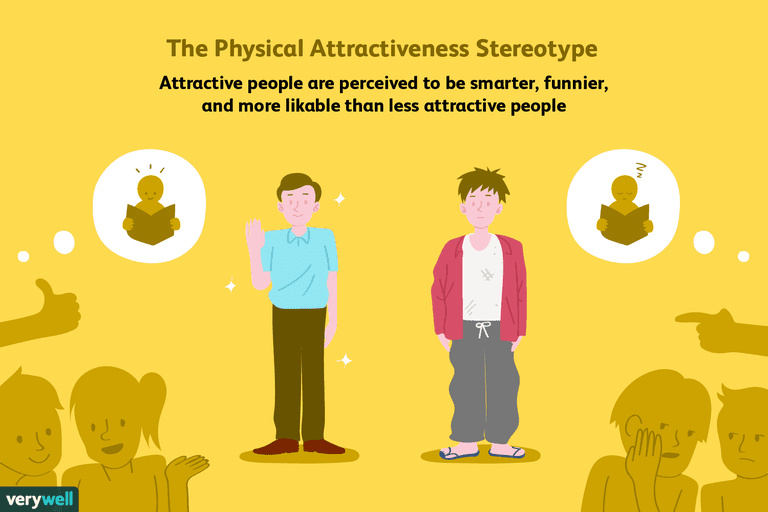
A salesman at a furniture store told a customer, “This sofa will seat five people without any problems.”
The customer asked, “Where am I going to find five people without any problems?”
Truth is, it’s impossible to find even one person without problems. We’re all plagued by challenges and difficult issues.
In this post we’ll consider five ways to mitigate the inevitable problems of life. While they can’t be eliminated, we can learn skills that will lessen their impact on our lives.
George Eman Vaillant, an American psychiatrist and professor at Harvard Medical School, was the chief curator of a massive 75-year research project which focused on one main question: What makes us happy? The project followed 268 men who entered college in the late 1930s and followed them through war, career, marriage and divorce, parenthood and grandparenthood, and into old age.
The study produced many insights into what makes humans happy. Among the findings, Vaillant identified five coping mechanisms that lead to greater growth, positive mental health, improved human relationships, and successful careers.
We’re well aware of unhealthy (maladaptive) coping mechanisms: excessive sleeping, eating, or alcohol consumption; avoidance, denial, excessive working, procrastination, social withdrawal, aggression. Vaillant found five healthy ways we can respond to difficult experiences.
The next time you encounter one of life’s inevitable challenges, try one of these:
Anticipation — Realistically anticipate future problems and plan on how you’re going to feel and respond. Vaillant said, “Anticipation permits the person to become aware of an event before it happens and thus attenuate associated anxiety and depression.”
For example, before attending a meeting that you know will be challenging, anticipate what might happen and how you could respond.
Suppression — Intentionally avoid thinking about specific problems, desires, feelings, or experiences until a later time when they can be more maturely processed. Don’t completely repress or deny the problem, just postpone dealing with it until a better time.
For example, suppose you just got some bad news at work—you’ve been demoted. But tonight is your child’s birthday party. Before the party begins, decide that for the next few hours you’re going to suppress your feelings about what happened at work and enjoy the party.
Humor — Carefully and tactfully used, humor can help us cope, can add levity to situations, and even diffuse stressful situations.
For instance, self-deprecating humor can bring relief to serious situations.
Sublimation — In sublimation, the energy created by a negative issue is transferred into an acceptable activity such as games, sports, hobbies, romance, and creative expression.
For instance, when you’re stressed out, go for a long run, or delve into an enjoyable hobby.
Altruism — Altruism is getting pleasure from giving to others what you yourself would like to receive.
When going through hard times, it’s helpful to focus on others and give to meet their needs. It distracts us from our short-sided perspective and we see a larger view. Generous and kind acts offer intrinsic benefits to the giver. The Bible reminds us that it is more rewarding to give than to receive (Acts 20:35).
For instance, if you’re struggling with feelings of aloneness, take the initiative to reach out to someone who may be struggling with the same issue.
Here’s an article that summarizes Valliant’s longitudinal study.



